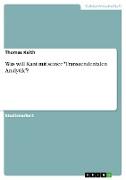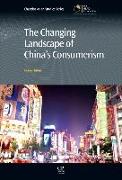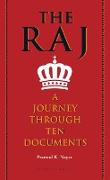Was will Kant mit seiner "Transzendentalen Analytik"?
BücherAngebote / Angebote:
Studienarbeit aus dem Jahr 1994 im Fachbereich Philosophie - Theoretische (Erkenntnis, Wissenschaft, Logik, Sprache), Note: 1, 0, Universität Regensburg, Veranstaltung: Proseminar Kant: "Die transzendentale Analytik", 5 Quellen im Literaturverzeichnis, Sprache: Deutsch, Abstract: "Newton's name is as inextricably connected with Kant's theory of science as is Euclid's. Usually we are told that it began with a belief in the validity of Newtonian physics. But 'Hume's sceptical attack on the validity of causal inference - and thereby on the possibility of all empirical knowledge' - made a philosophical defense of Newton's theory necessary. What had to be done was to show that, in spite of Hume, causal inference is valid. Indeed, Kant did just this, and a great deal more besides. He showed that Newtonian physics can be derived from certain unquestionable premises having to do with the fact of consciousness. In this way, Kant secured Newton's theory against all possible objections by giving it a firm metapysical foundation. For '... it is a consequence of Kant's metaphysics of experience that Newton's theory is valid.'" In diesen Sätzen wird kurz und prägnant ein Hauptanliegen Kants in seiner "Kritik der reinen Vernunft" (KrV) angesprochen, das dann v.a. in dem Teil, den der Ver-fasser in seiner ganz neuen und eigenen Wissenschaftssprache "Transzendentale Analytik" betitelt hat, aufgelöst wird. Entscheidend ist dabei, den historischen Boden zu sehen, auf dem Kants Ansatz gewachsen ist: seine Begeisterung für die Physik Newtons zum einen, zum anderen der Empirismus (verkörpert durch Hume), durch dessen Thesen Kant eben diese Theorie angegriffen sieht. Wie es dieser Philosoph schafft, beides miteinander zu versöhnen, darauf will diese Arbeit eingehen.
Folgt in ca. 10 Arbeitstagen




